Five things pediatricians want dads to know about parenting
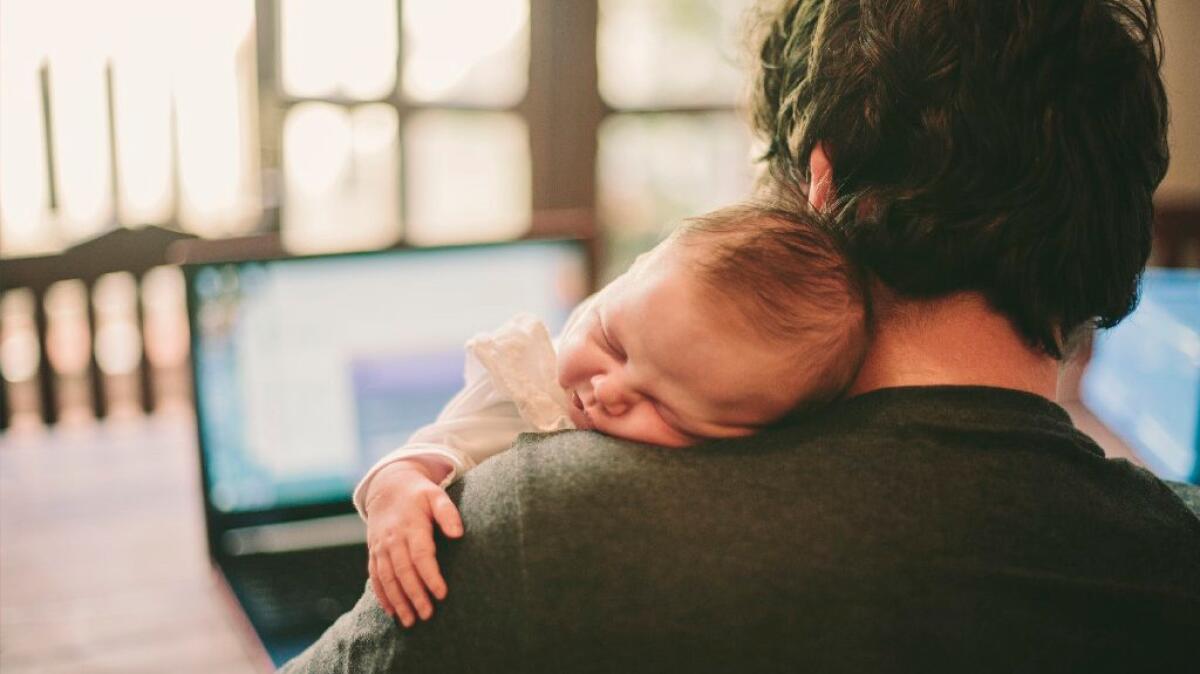
Pediatricians have a message for fathers: You’re more important to your child’s health and well-being than you — and we — might have realized.
After assessing more than a decade’s worth of psychological and sociological research, the American Academy of Pediatrics has issued a new report about fatherhood and the things doctors can do to help the nation’s 70 million dads reach their full parenting potential.
Fathers aren’t just back-ups for moms. Their presence in their children’s lives is beneficial in and of itself.
For instance, a 2012 study in the journal Development and Psychopathology looked at pairs of sisters who had differing levels of father involvement. Researchers found that the chances of teen pregnancy and other early sexual experiences were lower for daughters who spent more quality time with their dads.
A review of multiple studies found that kids who grew up spending time with their fathers were less likely to have behavioral and psychological problems. They were also more likely to be independent, intelligent and have improved social awareness.
See the most-read stories in Science this hour »
“The role of fathers, and fatherhood, is in the process of changing,” said Raymond Levy, a clinical psychologist and executive director of the Fatherhood Project at Massachusetts General Hospital in Boston. Traditional roles are merging, with moms spending more time in the workplace and dads spending more at home.
The new report from the American Academy of Pediatrics takes an expansive view of fatherhood. It defines fathers not merely as men who sire children, but as the male adults who are most invested in the care of a child. That can include a biological or adoptive dad, a stepfather or a grandfather.
Here’s further proof that modern dads don’t necessarily resemble Jim Anderson, the insurance salesman patriarch of the TV series “Father Knows Best” — today, fathers account for 16% of America’s single parents, a number that totals 1.9 million. In addition, the U.S. Census Bureau estimates that nearly 200,000 married fathers are stay-at-home dads.
The authors of the new report considered the special needs of specific groups of fathers, including those in same-sex relationships, those coping with military deployment and those who have spent time in prison.
“We’ve looked more broadly at our totally diverse groups of fathers,” said lead author Dr. Michael Yogman, a practicing pediatrician who studies father-child relationships at Harvard Medical School. “We’ve realized it’s really important to encourage fathers to be involved.”
Here are five things dads can do to take their parenting to the next level.
Be a role model
Children look up to their fathers and have a tendency to imitate their behaviors. That’s why pediatricians want dads to be conscious of how the actions they take — whether it’s lighting a cigarette or buckling a seat belt — will influence their children as they grow and learn to make decisions on their own.
Fathers should get involved with their kids right from the beginning, by playing with them or just talking to them. That lets them see their dads as supportive companions and teachers.
“The old expectation that men were inadequate mothers, and that they had to do everything just like mothers did with young children, was unfair,” Yogman said.
He encourages fathers to find their own relationship with their children and figure out what works best for them.
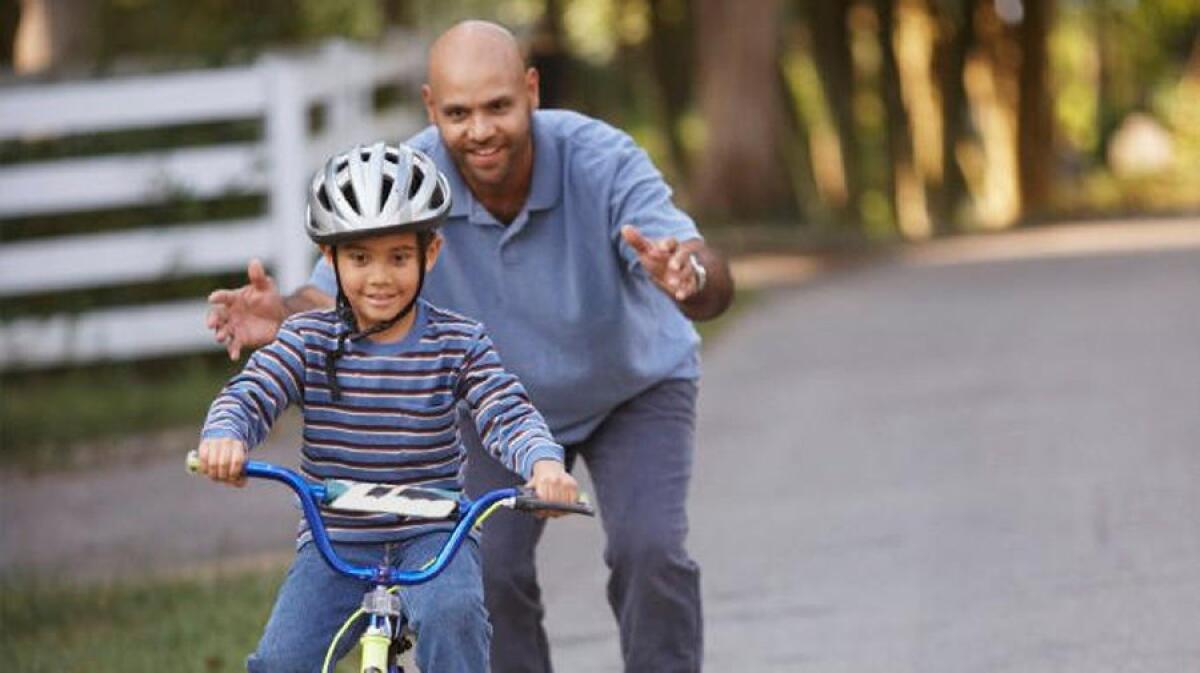
Talk to your kids
It’s never too early to start. Taking the time to talk to your infant has been shown to positively affect language skills later in life.
Researchers have documented that mothers spend more time speaking to their children than fathers do. But even if they utter fewer words, it’s actually dads who enhance a child’s language skills. A 2006 study published in the Journal of Applied Developmental Psychology found that the father’s vocabulary had a greater impact on the child’s language proficiency a year later.
A 2014 book called “Do Fathers Matter?” describes research that found that mothers tend to use words that are already in their child’s wheelhouse, while fathers are more likely to introduce new, and therefore challenging, words.
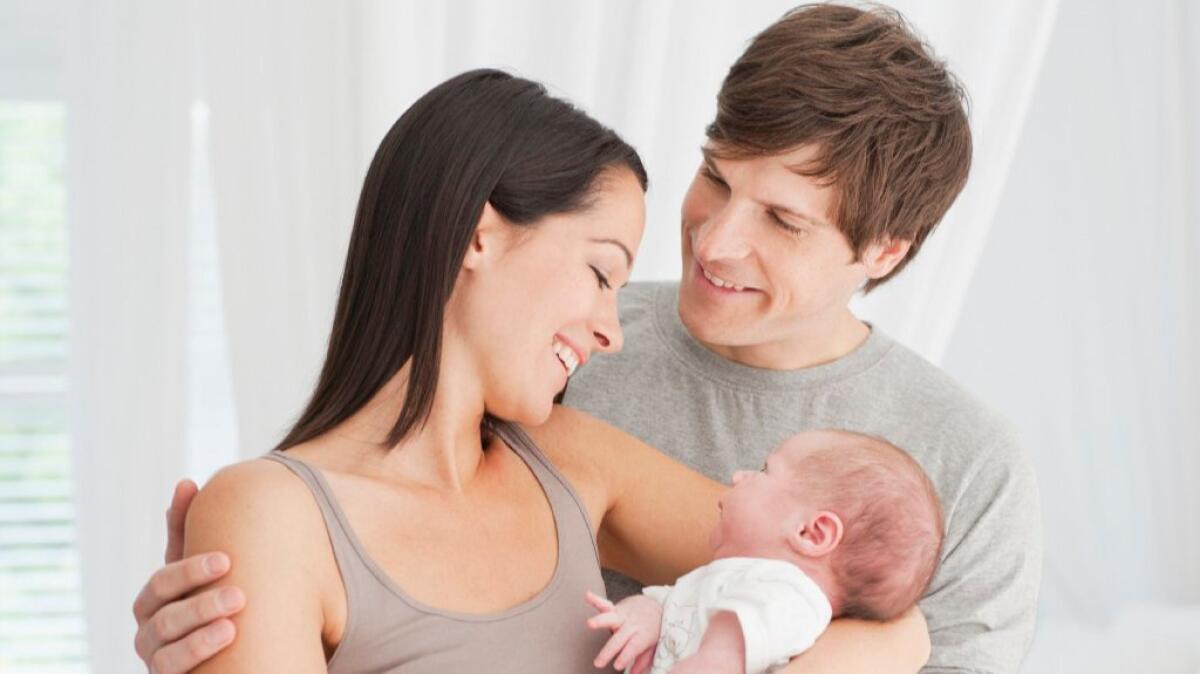
Get vaccinated
This may sound obvious, but keeping up to date with immunizations can protect both parents and children from a number of serious health risks.
One disease of major concern is pertussis, or whooping cough, which can be passed to infants by their parents. One study found that fathers were the cause of 15% of the cases of whooping cough in infants, who can’t get the first dose of the vaccine until they are 2 months old.
The CDC recommends that everyone around a newborn be vaccinated against whooping cough.
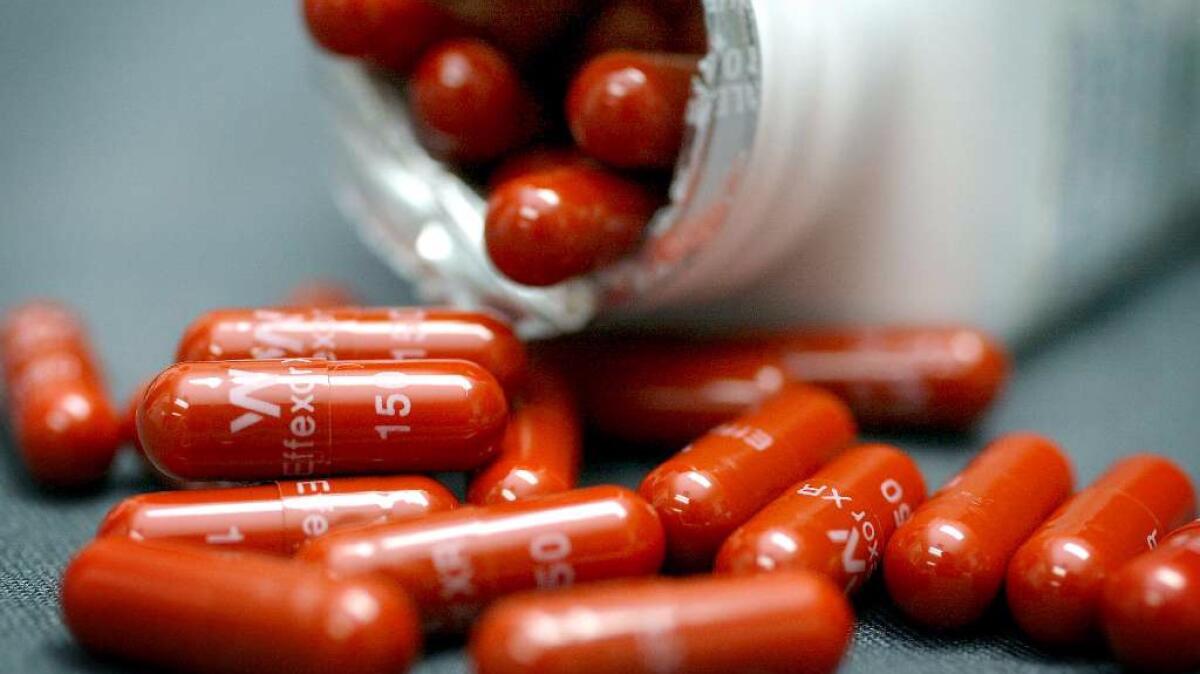
Get screened for depression
Postpartum depression can happen to fathers as well as mothers. For fathers whose partners are suffering from depression, the risk is even higher.
Depression can strike long after a child is out of diapers. A study published in Archives of Pediatrics and Adolescent Medicine found that more than 20% of fathers had suffered depression by the time their child was 12 years old. The struggle of balancing work-life conflicts was named as the biggest stressor for fathers.
When either parent is depressed, a child’s mental state can suffer. The good news is that a happy father can offset the negative effects of an unhappy mother.
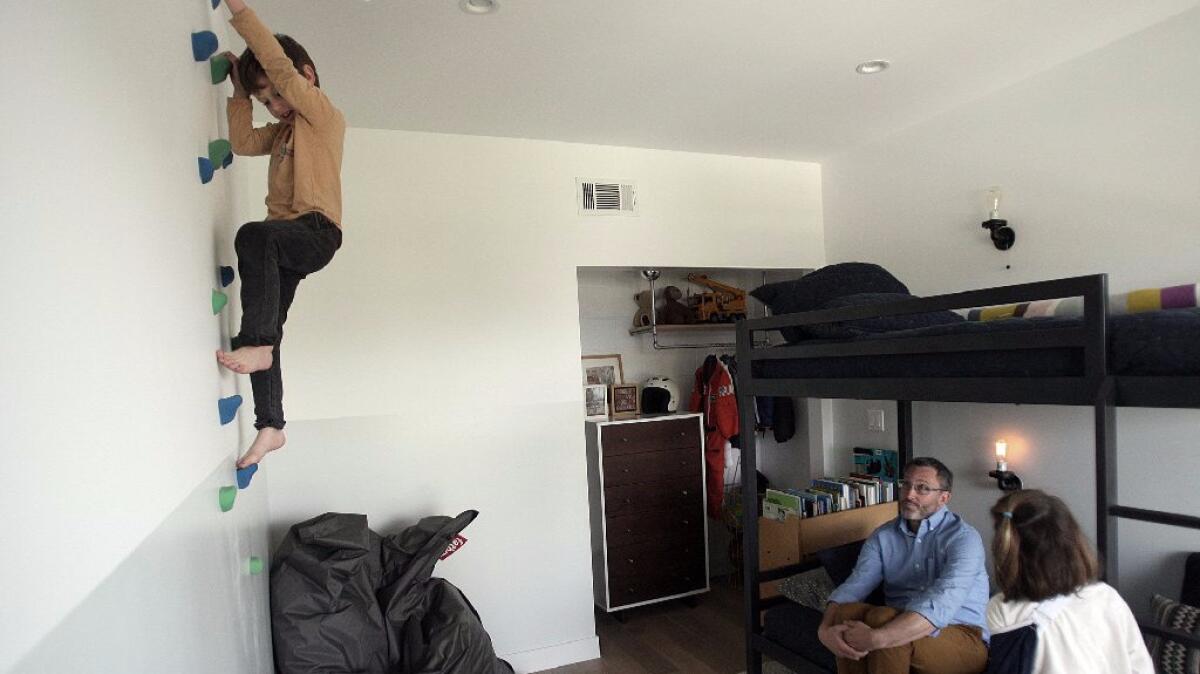
Play with your kids
The rough-and-tumble way that fathers play with their children is beneficial to their growth. Physical, rowdy play that also teaches boundaries and limits will encourage children to explore, be curious about the world, and eventually become more independent.
“Watch kids in a playground, where a toddler is climbing to the top of the monkey bars,” Yogman said. “Mothers are biting their fingernails worried they’re going to fall, and fathers are saying, ‘You can do it, you can do it!’”
Developmentally, the need for exploration and independence is complemented by the need for safety and protection, he added. Mothers and fathers can each choose the role that they are most comfortable filling.
Researchers have also found that fathers’ levels of oxytocin — sometimes dubbed the love hormone — are affected when they engage in exploratory play with their children, Yogman said.
MORE IN SCIENCE
Caring for a baby changes a man’s brain, study shows
To boost odds of a long life, men should delay fatherhood until age 25, study says
Weighing fatherhood? Gaining a few pounds comes with the territory



